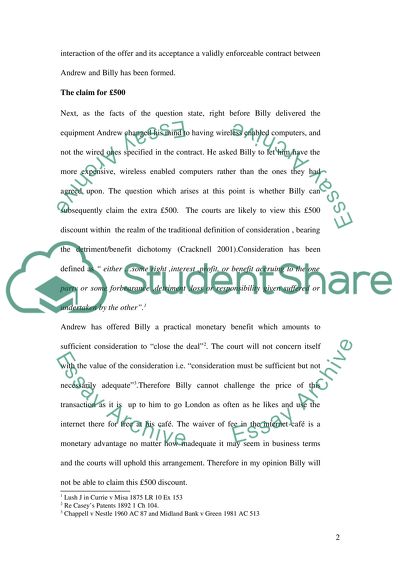Cite this document
(“Law of Obligations 1 Essay Example | Topics and Well Written Essays - 2000 words”, n.d.)
Retrieved from https://studentshare.org/miscellaneous/1509445-law-of-obligations-1
Retrieved from https://studentshare.org/miscellaneous/1509445-law-of-obligations-1
(Law of Obligations 1 Essay Example | Topics and Well Written Essays - 2000 Words)
https://studentshare.org/miscellaneous/1509445-law-of-obligations-1.
https://studentshare.org/miscellaneous/1509445-law-of-obligations-1.
“Law of Obligations 1 Essay Example | Topics and Well Written Essays - 2000 Words”, n.d. https://studentshare.org/miscellaneous/1509445-law-of-obligations-1.


